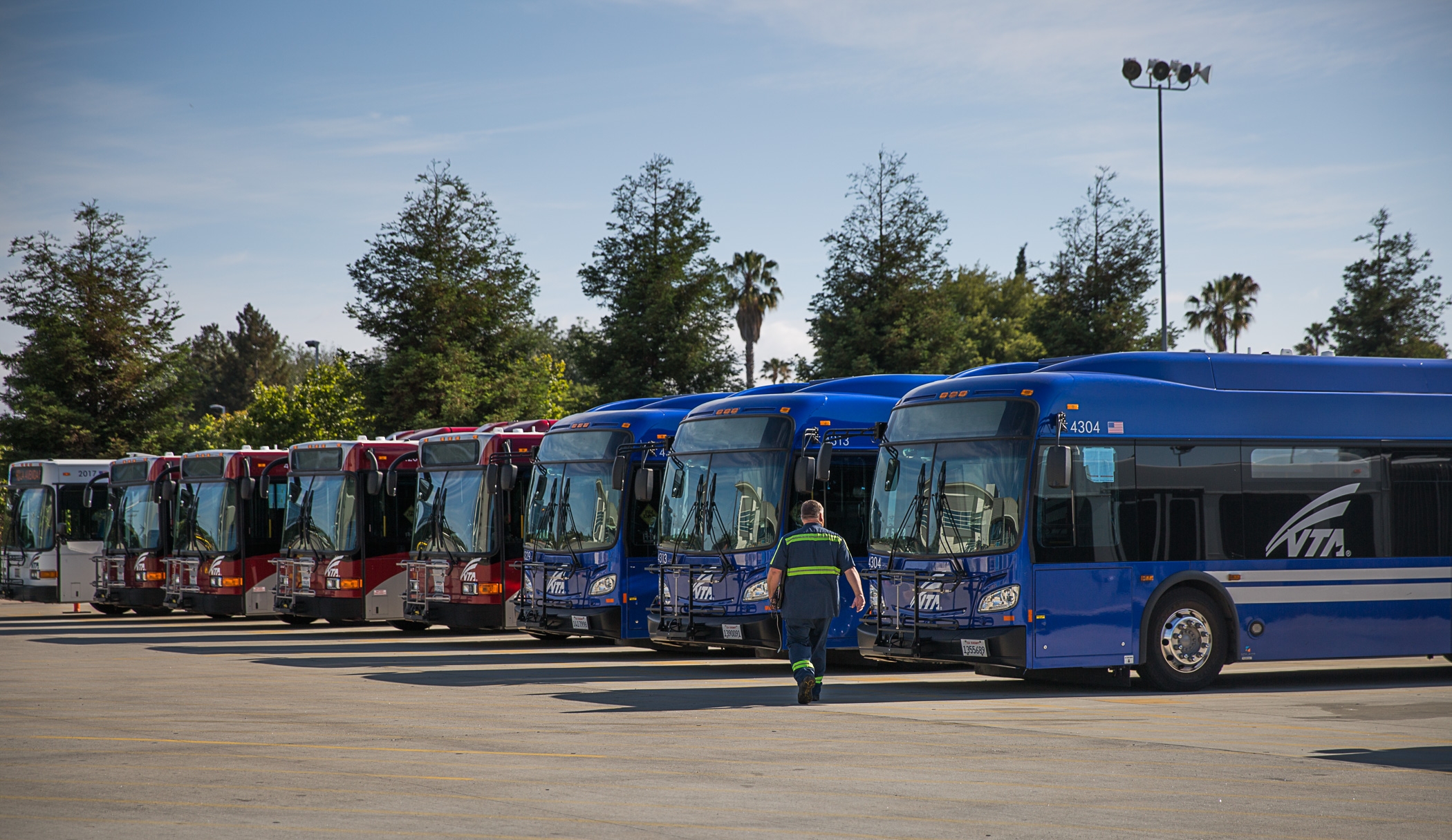A legislative proposal to reform the governance structure at the Santa Clara Valley Transportation Authority will not advance this year after its author, Assembly member Marc Berman, opted to defer his bill to 2022.
The bill from Berman, D-Menlo Park, would have reduced the size of the VTA board from 12 to nine voting members, with five appointed by the Santa Clara County Board of Supervisors, two by the city of San Jose and two by the county's remaining cities. Board members also would be required to have professional experience in the transportation sector, accounting or finance, project management and executive management to get selected.
Berman's proposal, Assembly Bill 1091, was a response to a 2019 report from the Santa Clara County civil grand jury, which found that the VTA's board of directors suffers from "a lack of experience, continuity and leadership" and that it is dominated by representatives from San Jose and the board of supervisors. The report also cited "frequent tension" between directors' duties to the VTA and the political demands of their local elected positions.
Cities outside San Jose, including Palo Alto, have frequently criticized the VTA for its governance structure, which under the current rules reserve one board seat for Palo Alto, Mountain View, Los Altos and Los Altos Hills (the cities share that seat, currently filled by Palo Alto Vice Mayor Pat Burt, on a rotating basis). The issue of representation has become particularly critical since the passage of Measure B, the 2016 tax measure that is projected to bring in more than $6 billion for transportation projects throughout the county.
Berman said in a statement that while he has seen "strong desire" throughout the county to pursue the reforms, there are "many different opinions on what those reforms should be."
"It is important that we get this right, which will require additional engagement with stakeholders and the public," Berman said. "To allow for this to happen, I have decided not to move AB 1091 until January 2022."



Comments